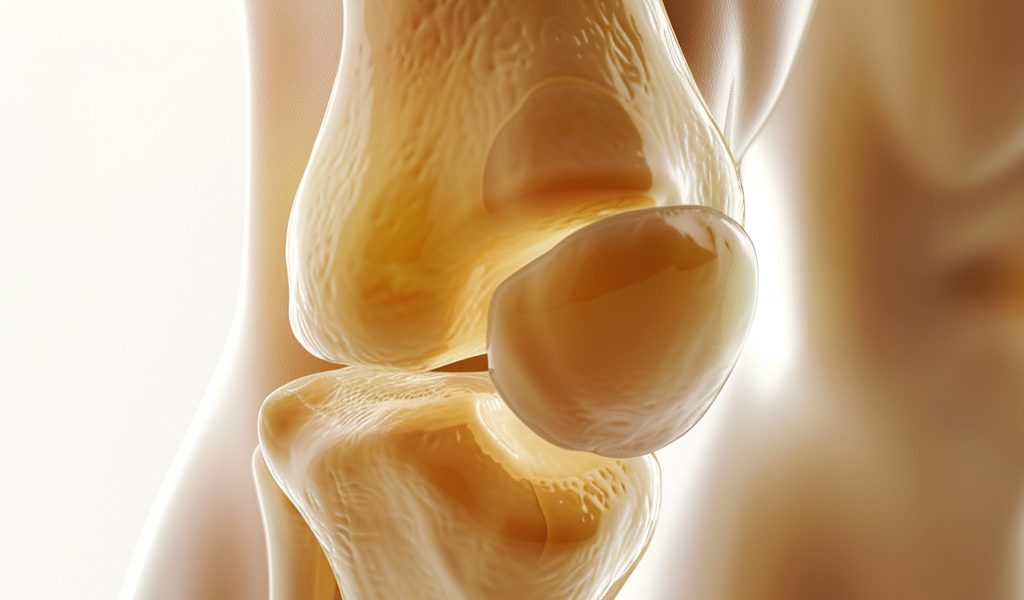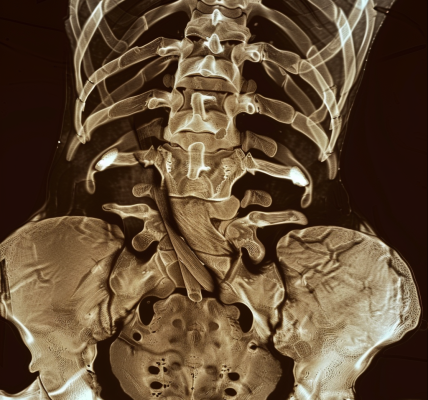Arthritis affects over 500 million people worldwide, with the numbers expected to rise as populations age. The irreversible degeneration of joint cartilage in osteoarthritis (OA) leads to pain, swelling, and immobility in the affected joint. Current therapies provide only symptomatic relief and cannot restore degenerated cartilage.
However, a new study published in Stem Cell Reports offers hope for a potential alternative treatment. Researchers from Sichuan University, China, led by Zhonghan Li, have identified a new type of stem cell with the potential for knee cartilage regeneration in arthritic mice. The study focused on limb bud progenitor cells, which naturally have a high intrinsic capacity to make cartilage.
The researchers used genetic tools to isolate limb bud progenitors from developing mouse embryos. When these cells were injected into the knee joints of mice with OA, they efficiently generated new cartilage. In contrast, mesenchymal stem or stromal cells (MSCs), which have been previously used in clinical trials, failed to produce new cartilage when given to OA patients.
While limb bud progenitors are not readily obtainable from humans, the researchers turned to human pluripotent stem cells (hPSCs) as an alternative. After extensive protocol optimization, they successfully derived hPSCs-derived limb bud progenitors, which exhibited similar characteristics to embryonic limb bud progenitors. These hPSC-derived cells also demonstrated the ability to generate new cartilage when transplanted into the knees of OA mice.
These findings pave the way for the potential development of a cartilage replacement therapy for OA patients. The regeneration of cartilage from stem cells holds promise for addressing the underlying cause of OA, offering a potential breakthrough in the treatment of this debilitating joint disease.





